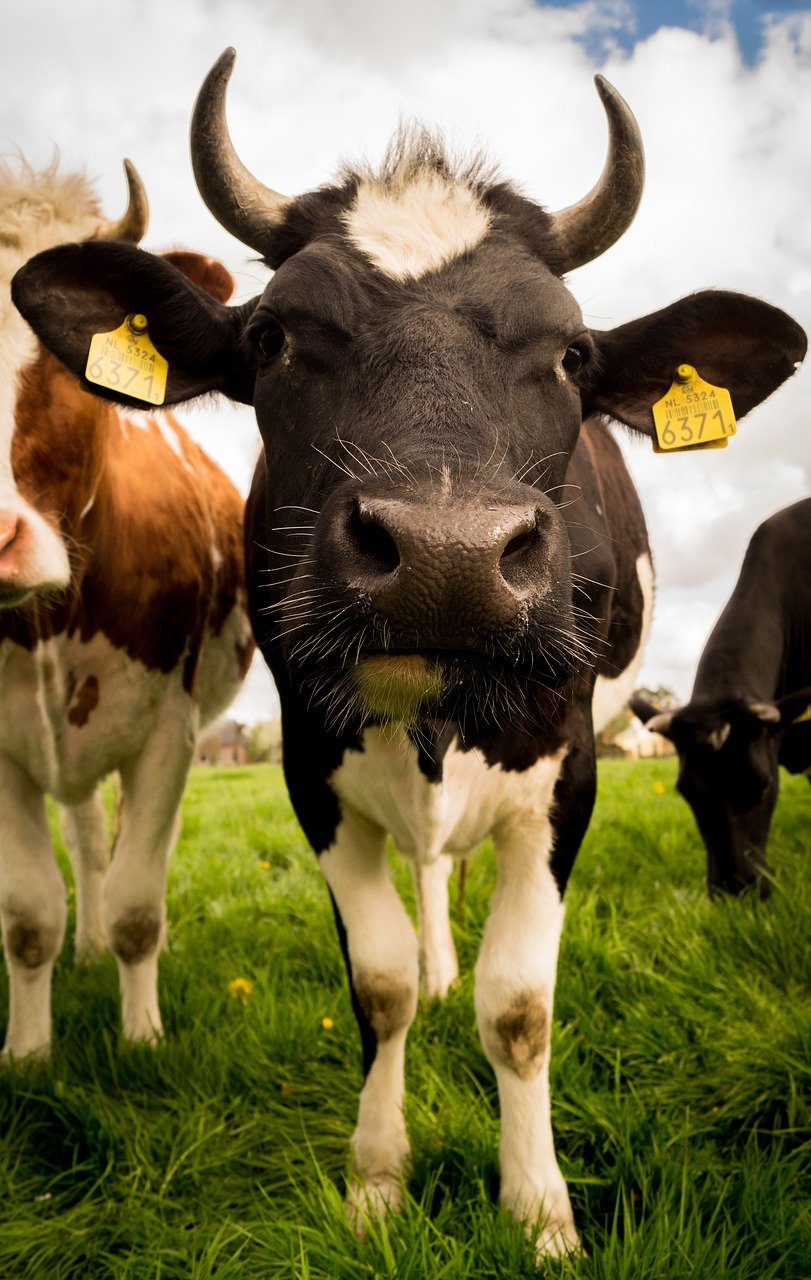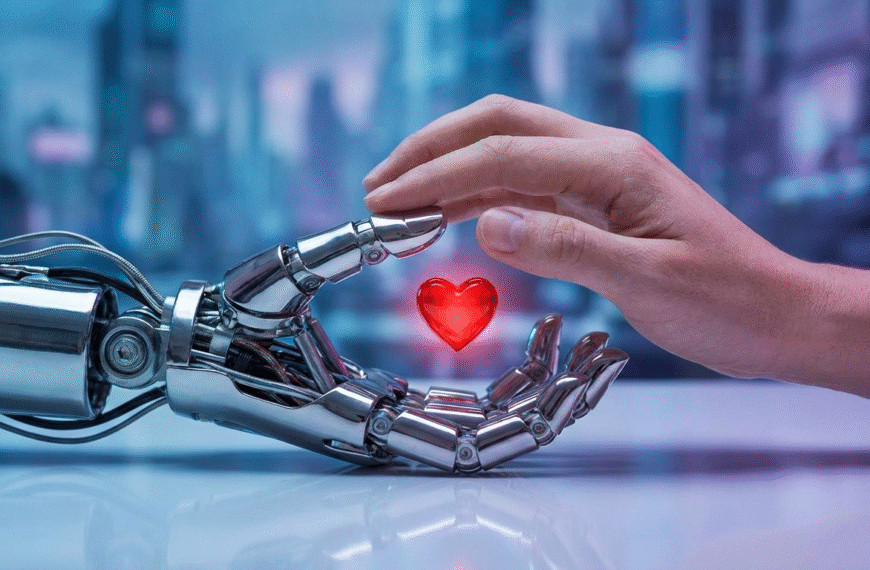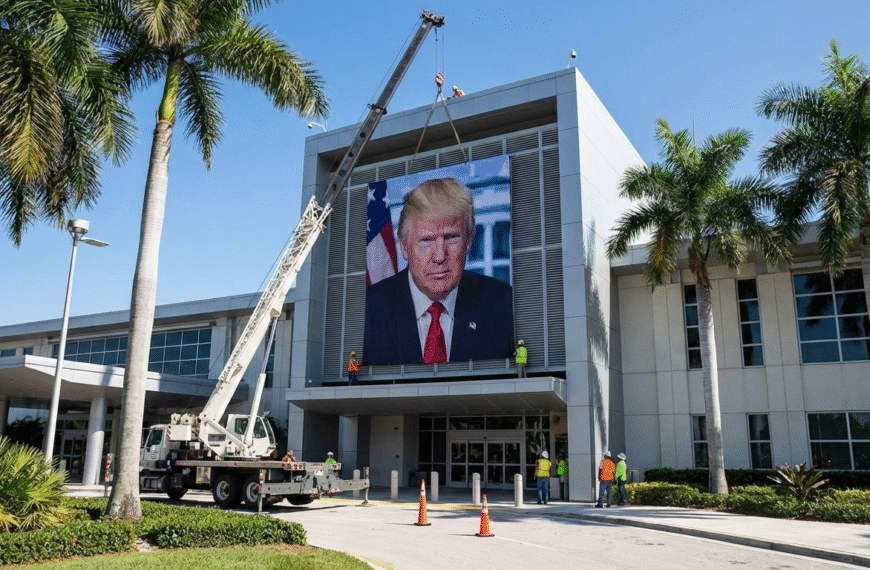In Japan, communities are turning everyday waste into a powerful energy source, showing how innovation can solve big environmental problems. From cow manure in rural Hokkaido to human sewage in urban Fukuoka, these projects are creating clean hydrogen fuel to power vehicles, farms, and even entire towns. These efforts are not just reducing waste but also providing a sustainable energy solution that could inspire the world.
In Hokkaido, known for its dairy farms, cow manure is being turned into hydrogen fuel. With over a million cows producing tons of waste every year, the Shikaoi Hydrogen Farm is tackling this challenge head-on. Using a process called anaerobic digestion, the farm breaks down manure to produce biogas, which is then purified into hydrogen. This hydrogen fuels tractors, forklifts, and local facilities like fish farms and zoos, creating a circular economy that cuts emissions and recycles waste.
Similarly, in Fukuoka, human sewage is being converted into hydrogen to power zero-emission vehicles, including rubbish trucks and ambulances. The city’s sewage treatment plant processes sludge into biogas, which is then turned into hydrogen. This creative approach not only manages waste but also provides a clean energy source for urban transportation.
These projects show how waste-to-energy technologies can solve two major problems: waste management and clean energy production. By treating waste as a resource, Japan is leading the way in creating sustainable, community-focused solutions. While challenges like high costs and infrastructure needs remain, these initiatives offer hope for scaling up similar efforts globally.
From rural farms to busy cities, Japan’s hydrogen revolution proves that energy can come from the most unexpected places. By focusing on local needs and innovative ideas, these projects are paving the way for a cleaner, greener future.






















